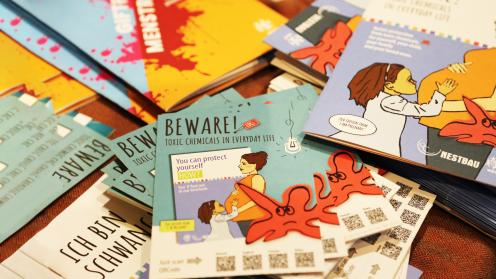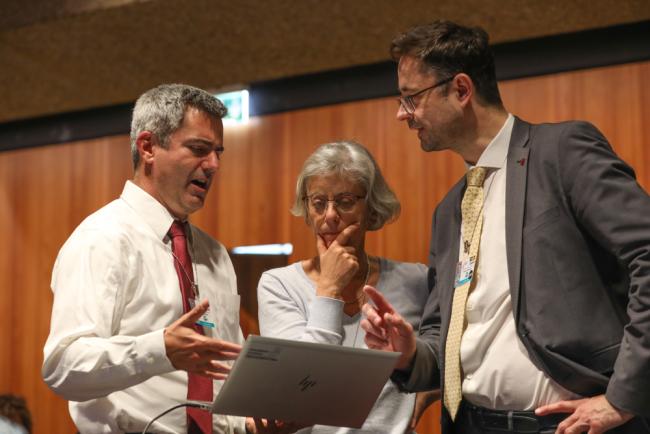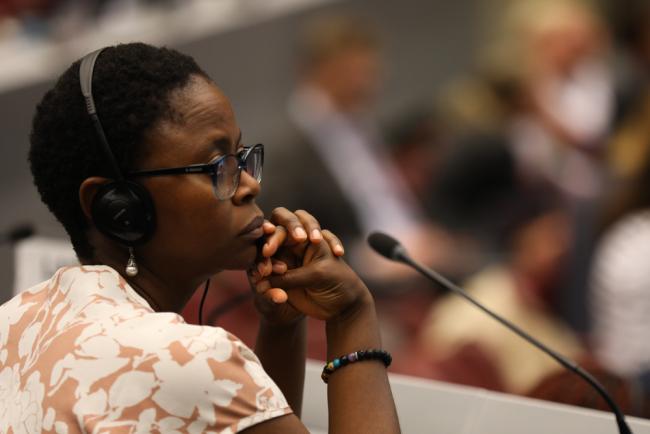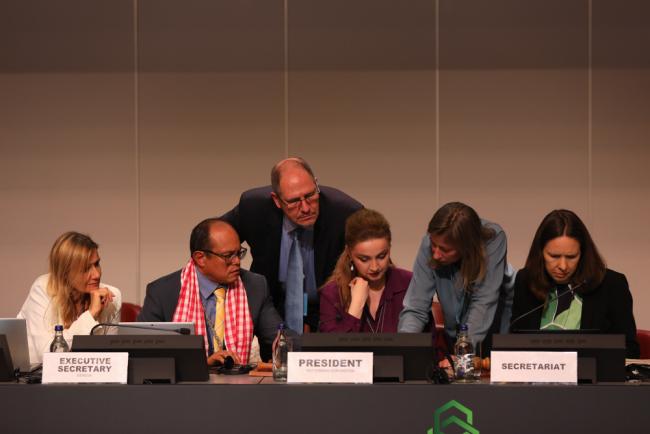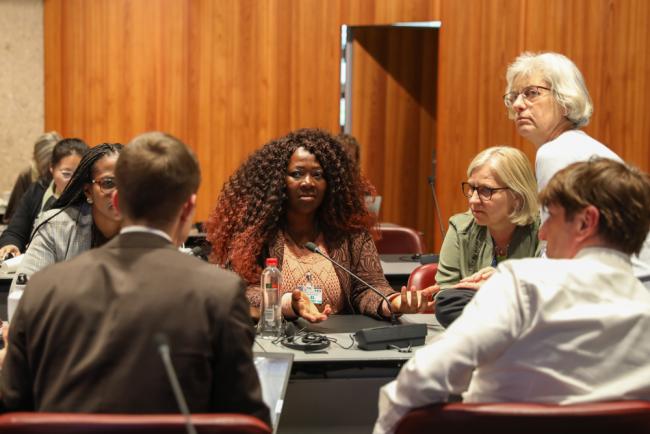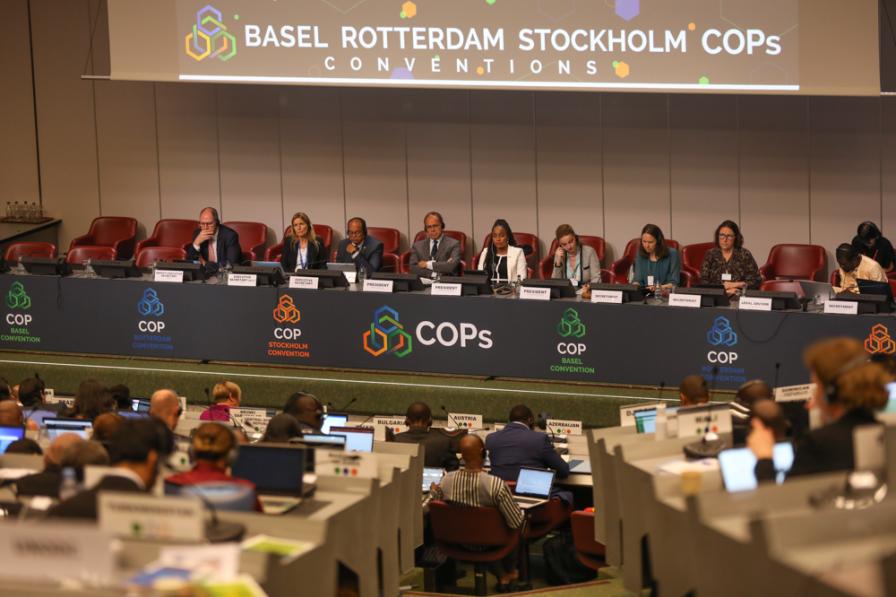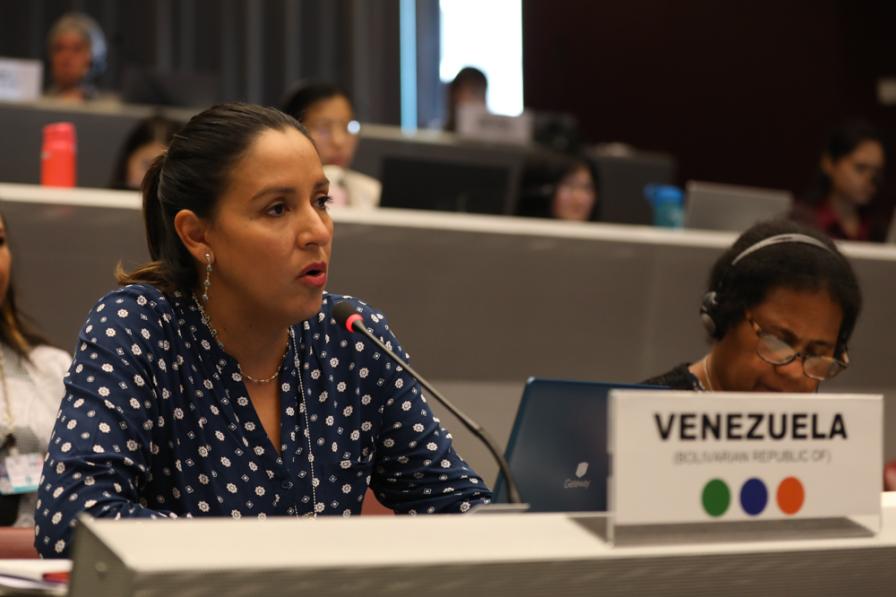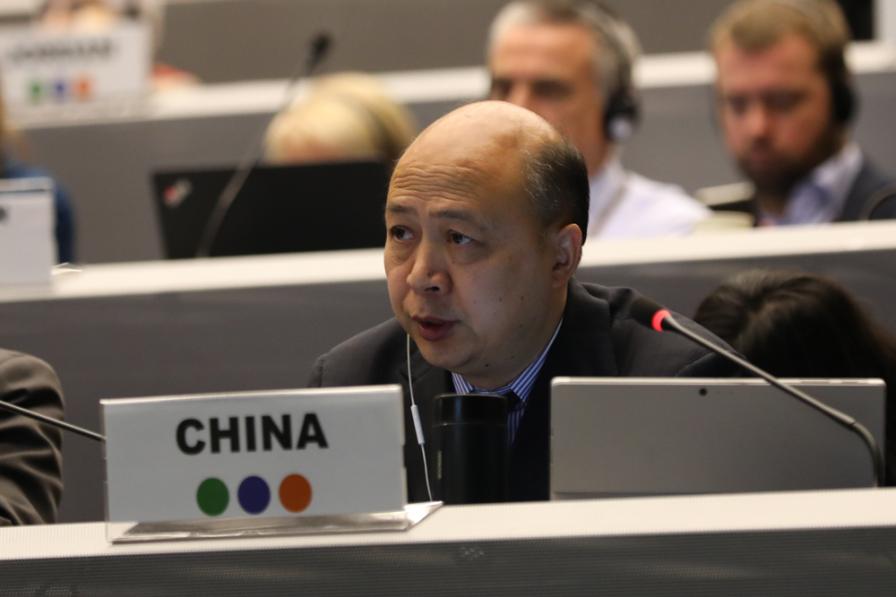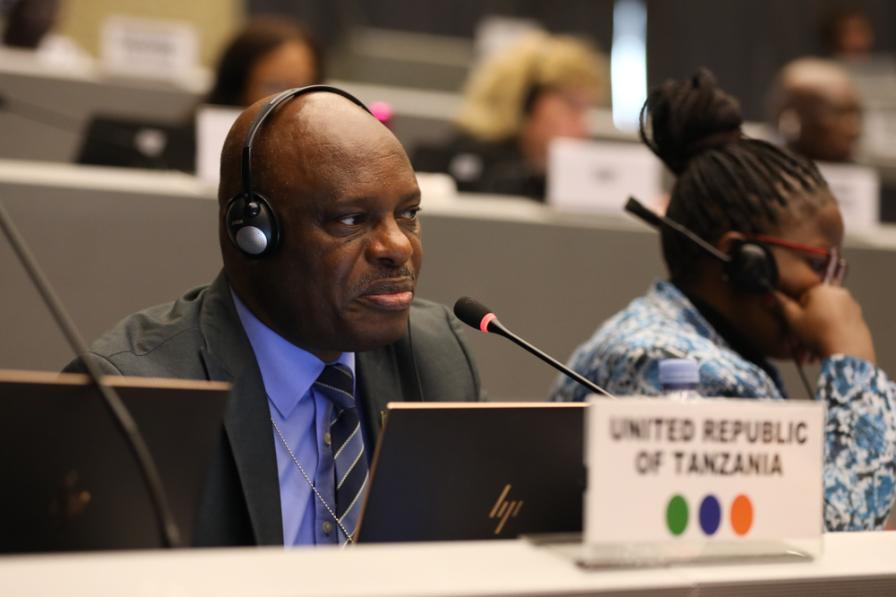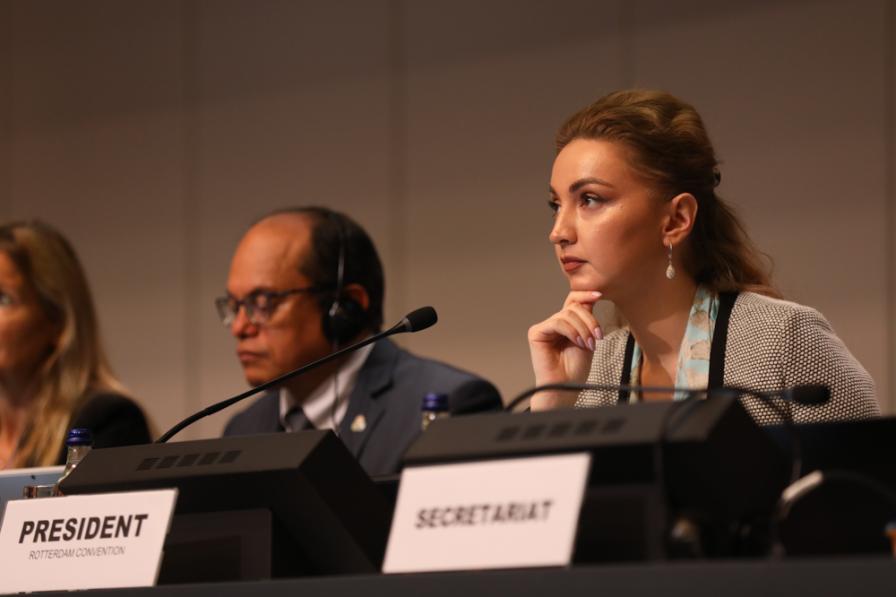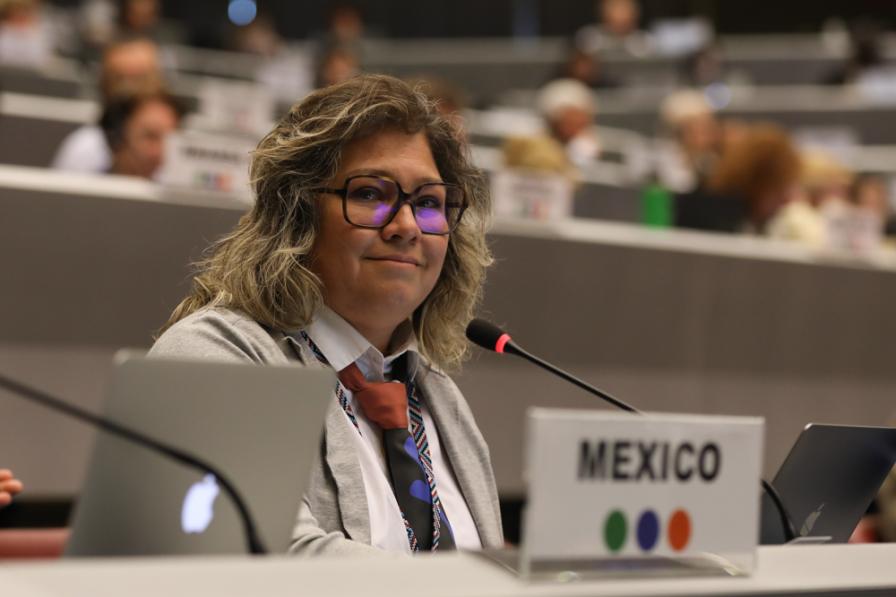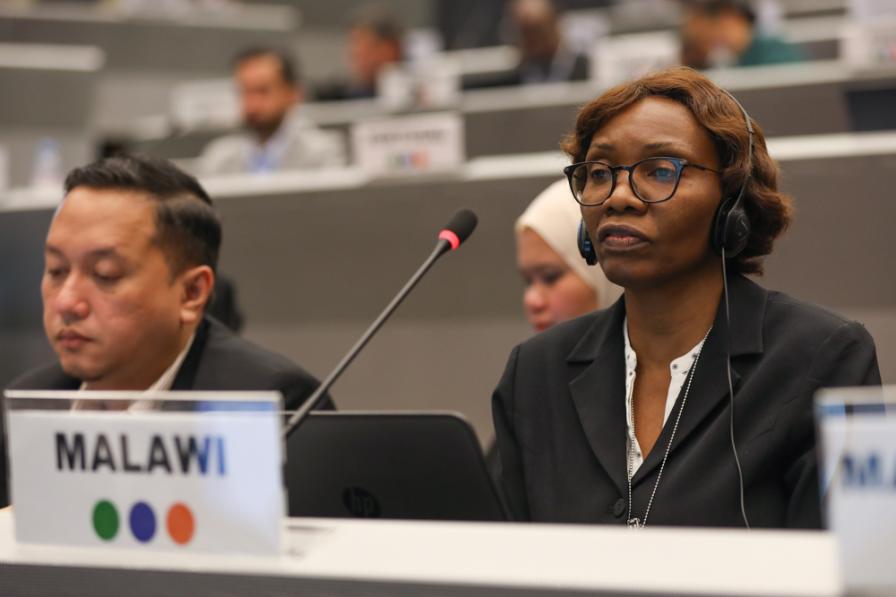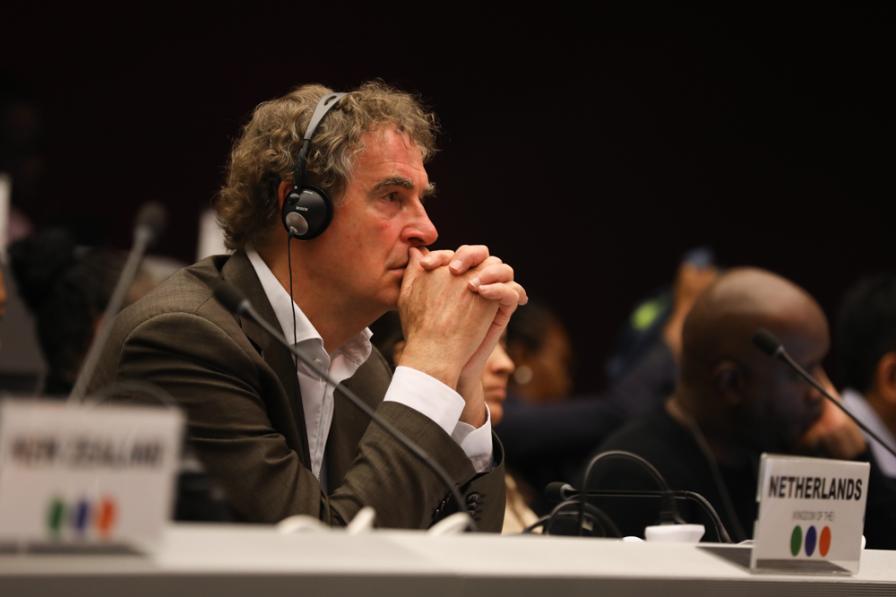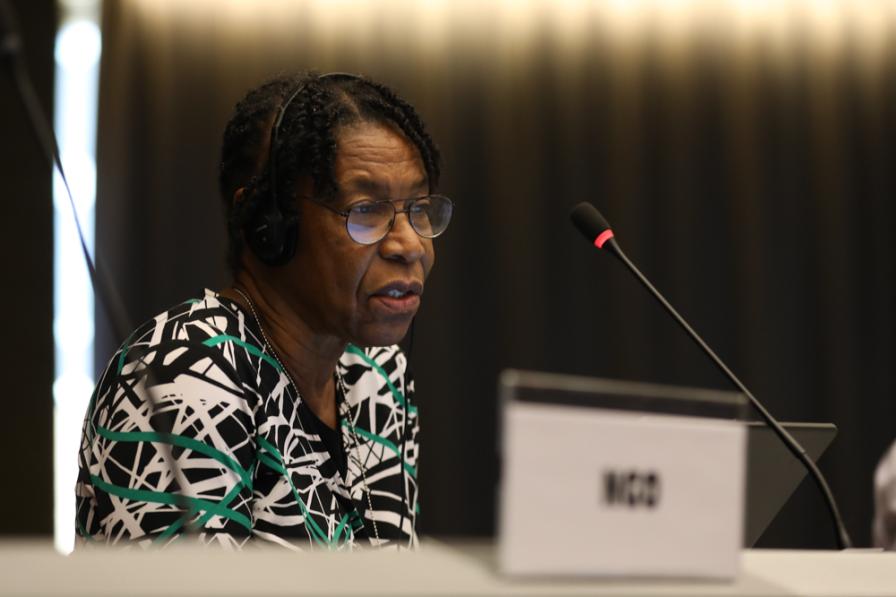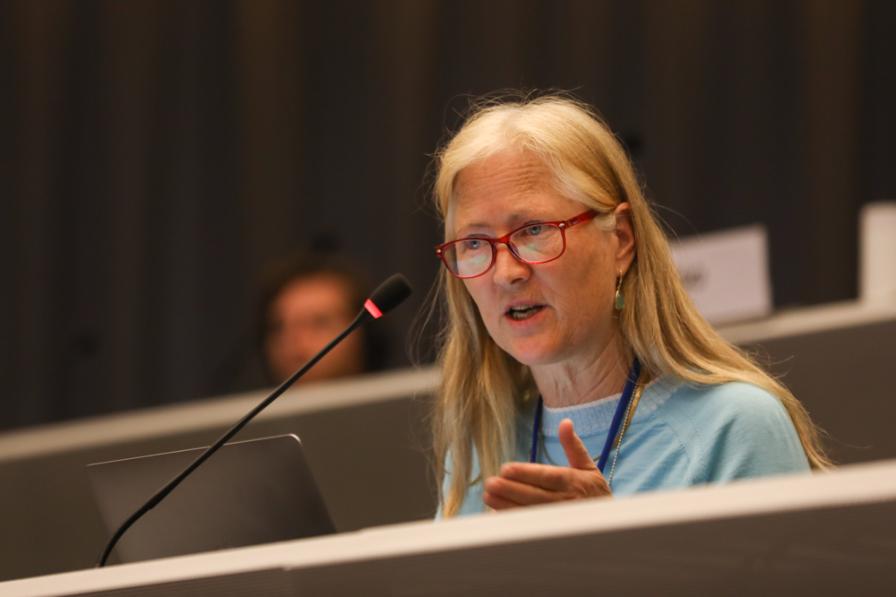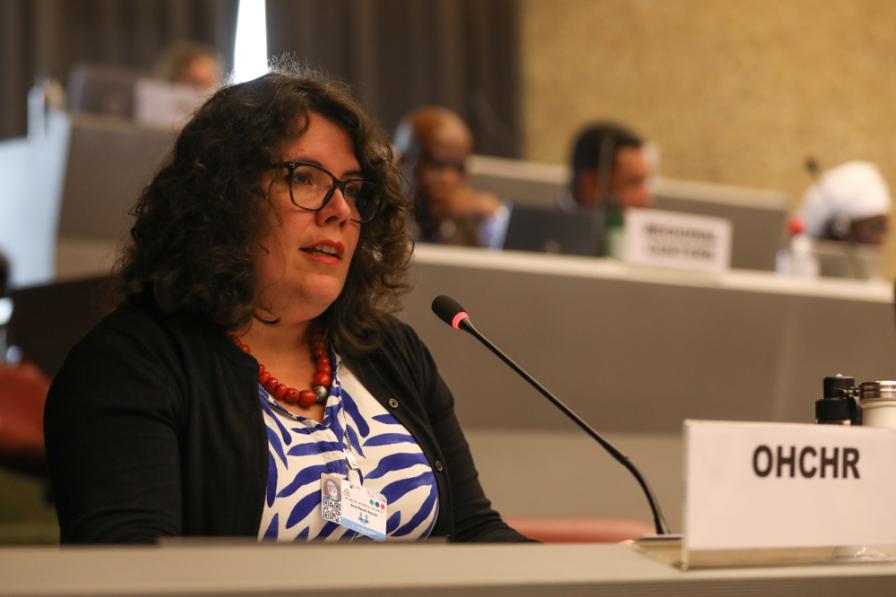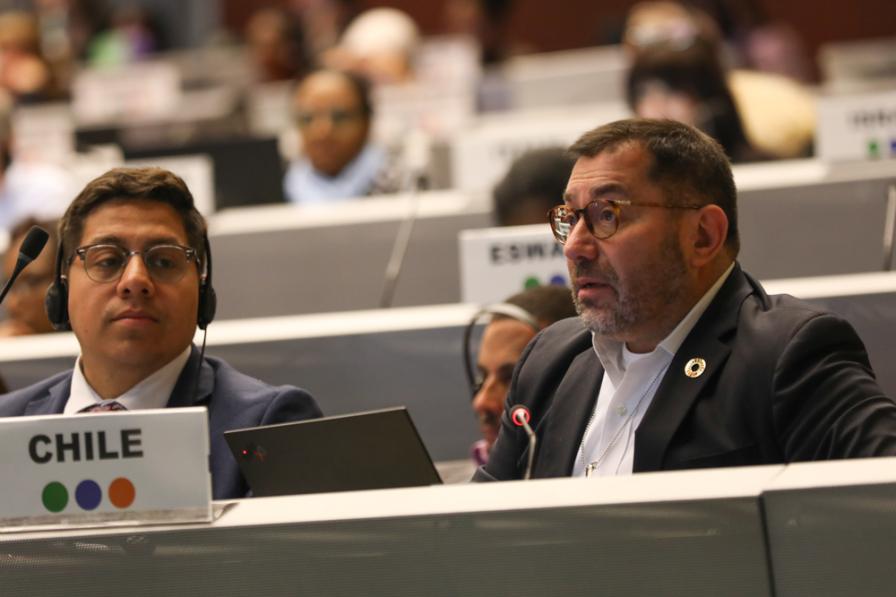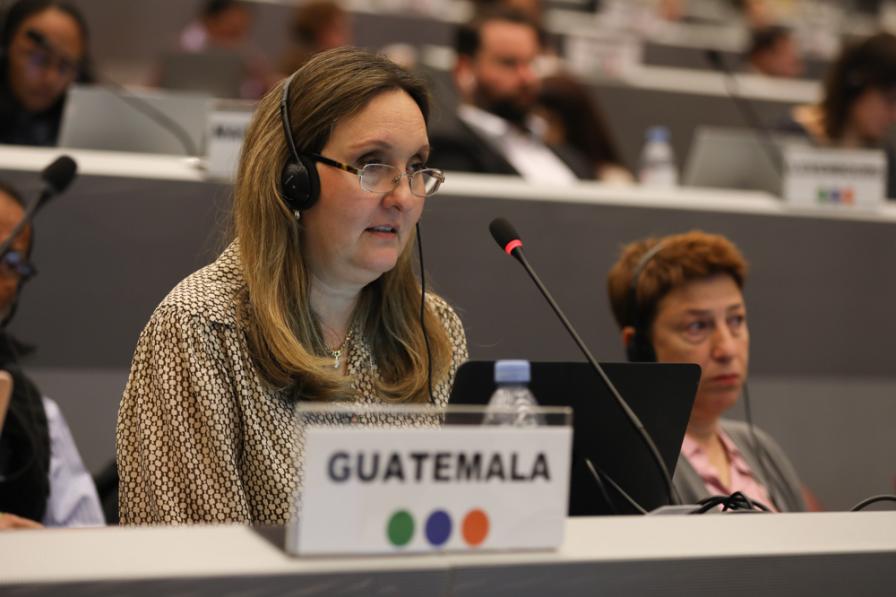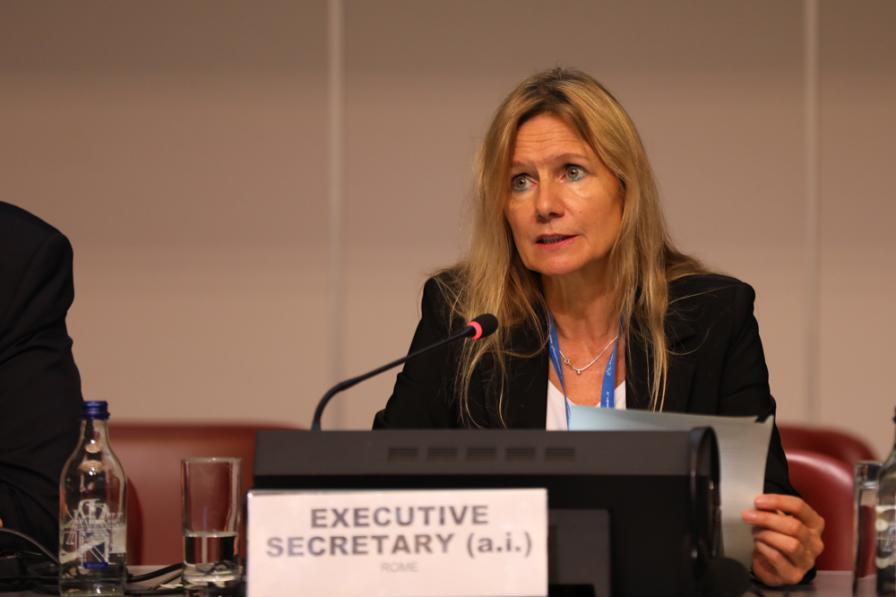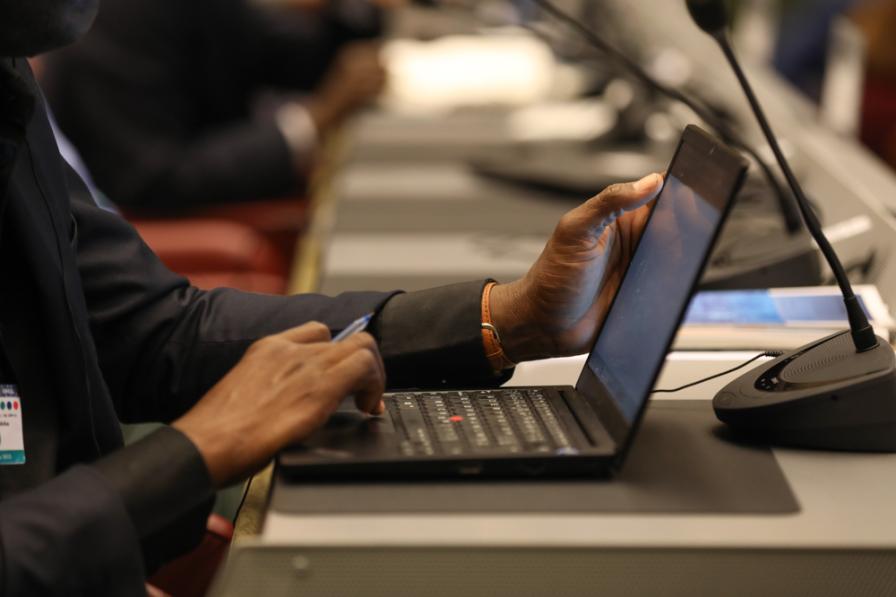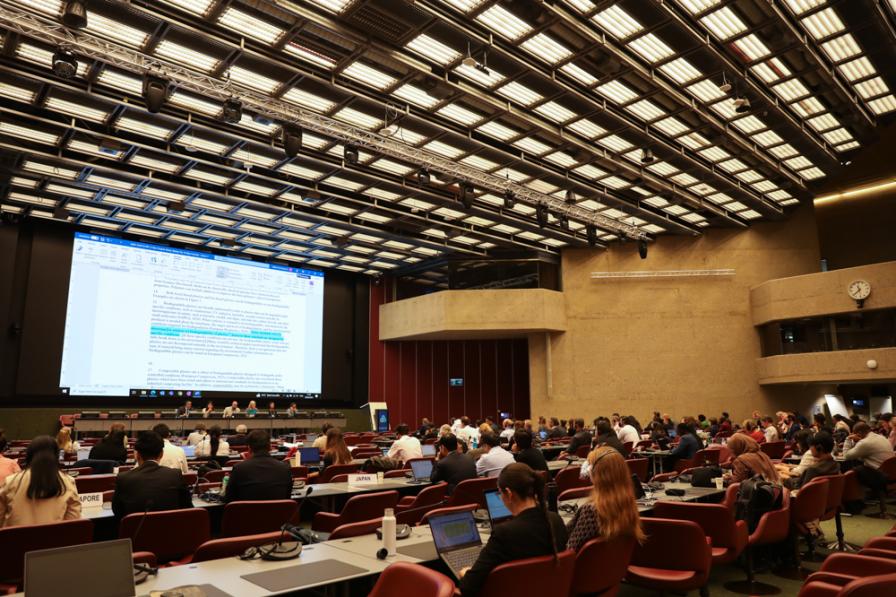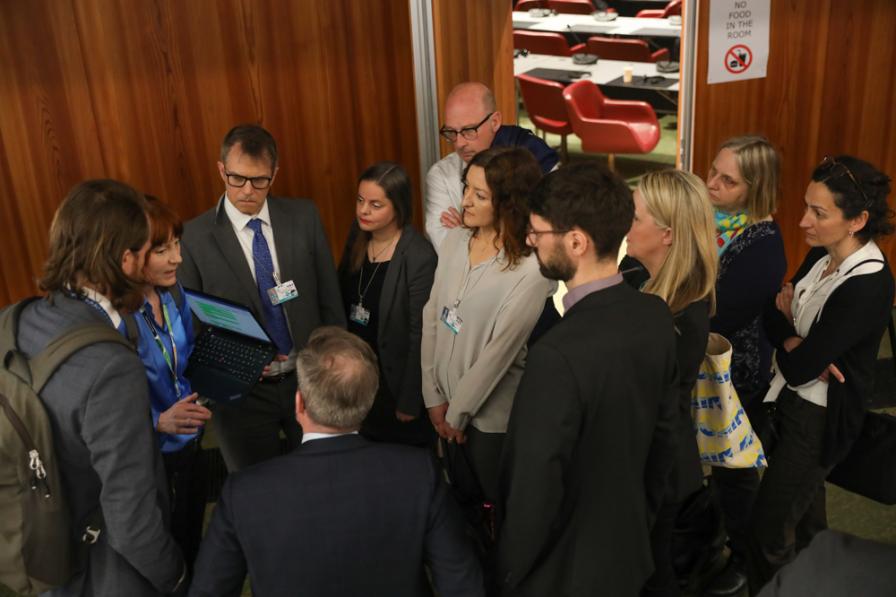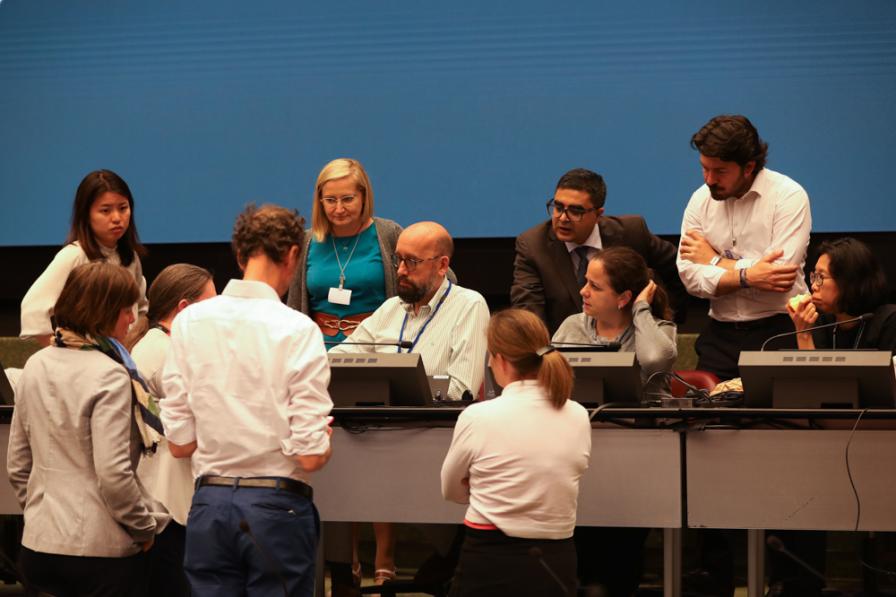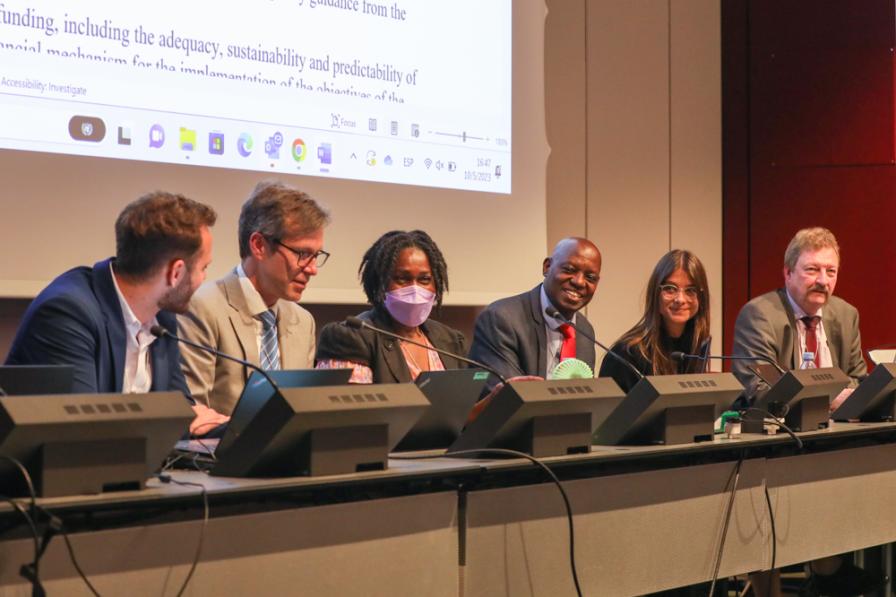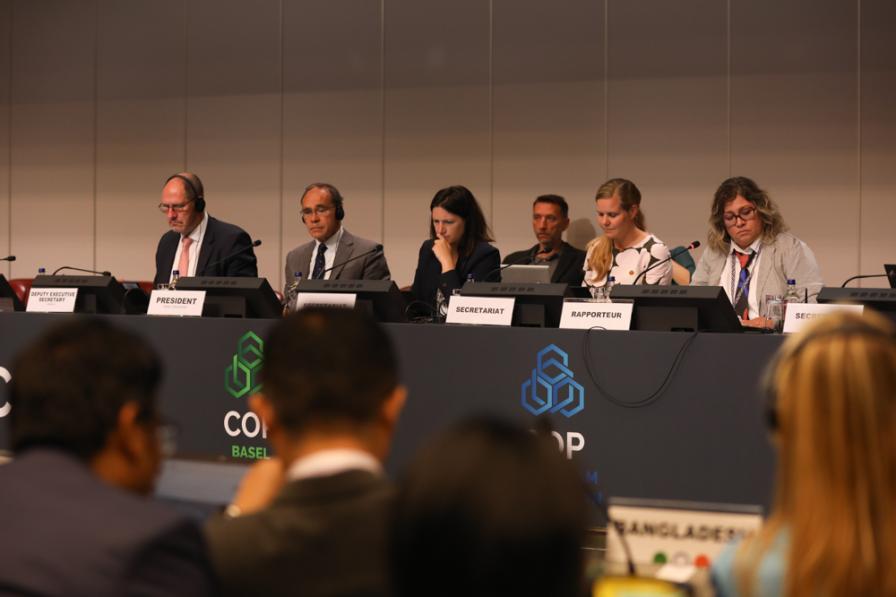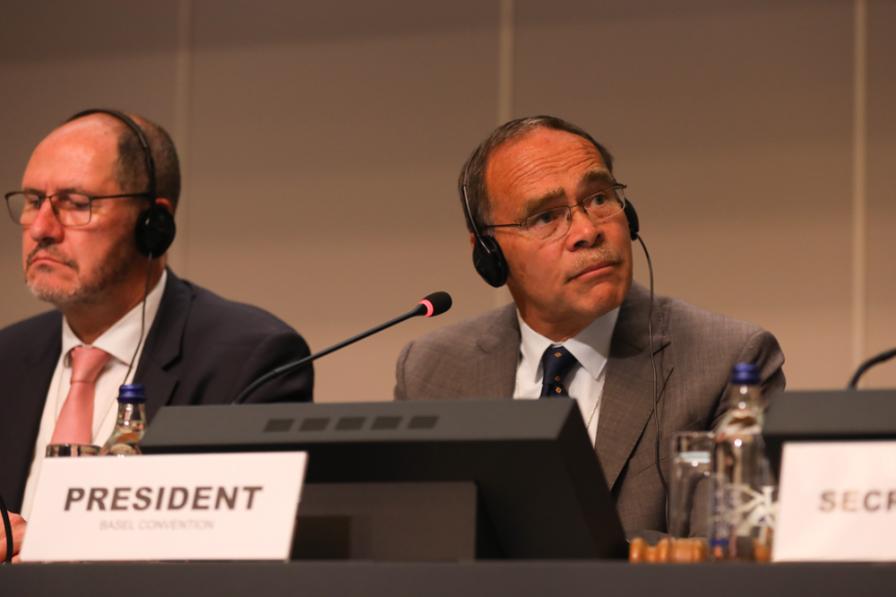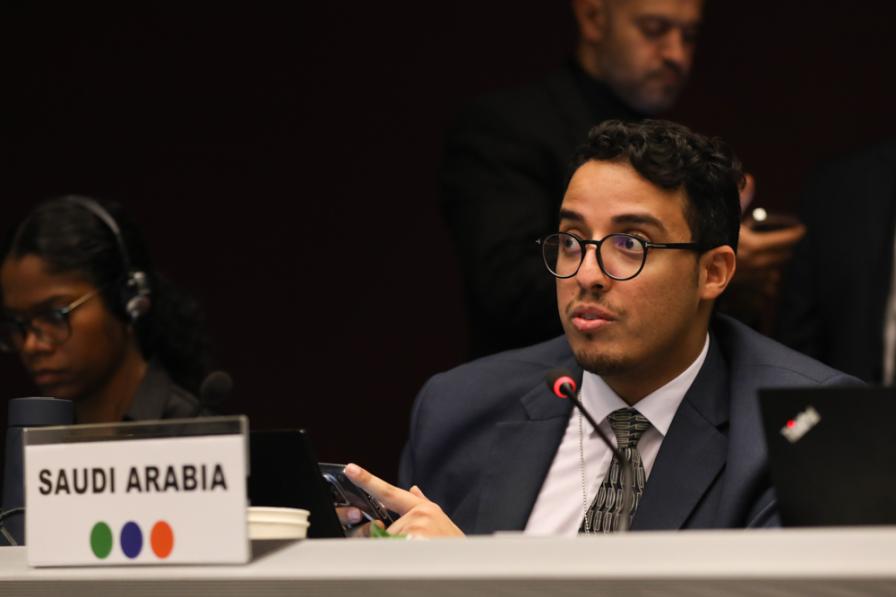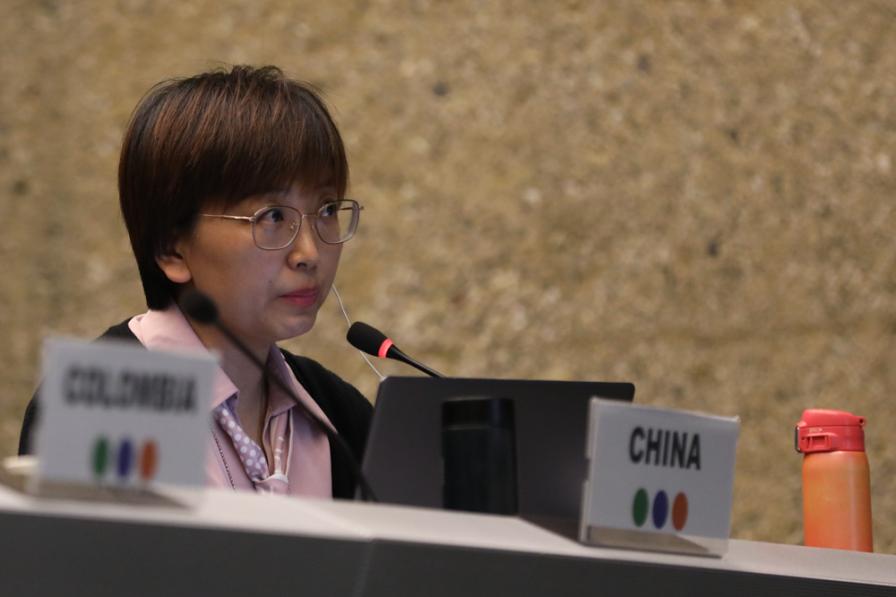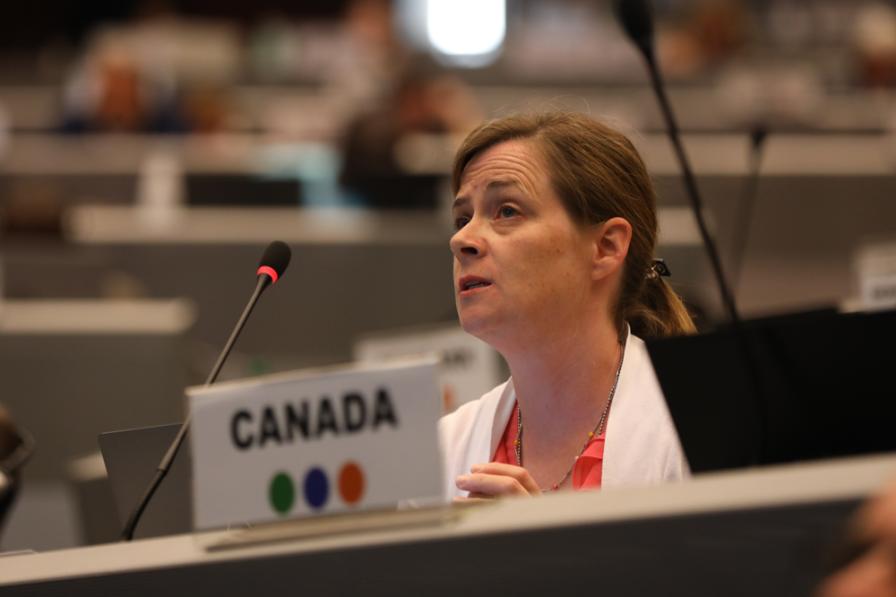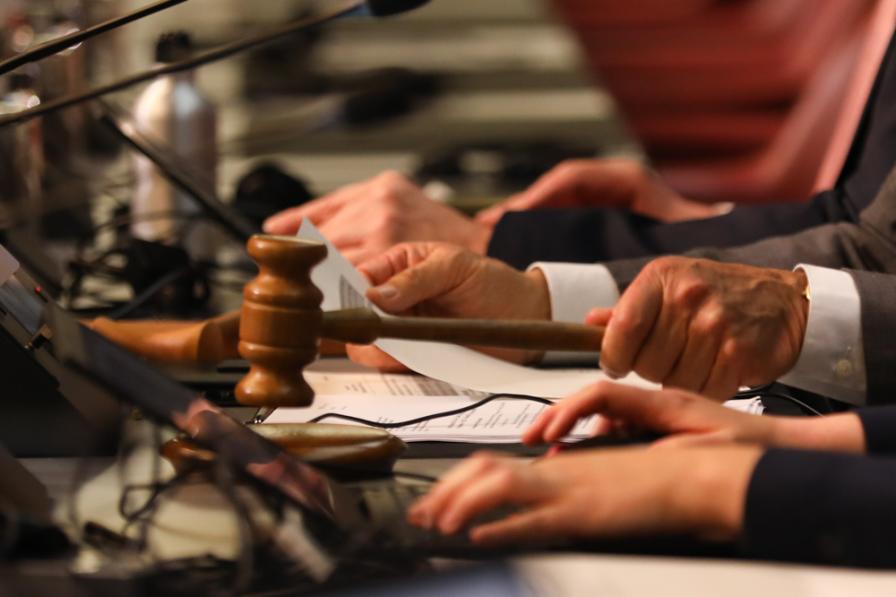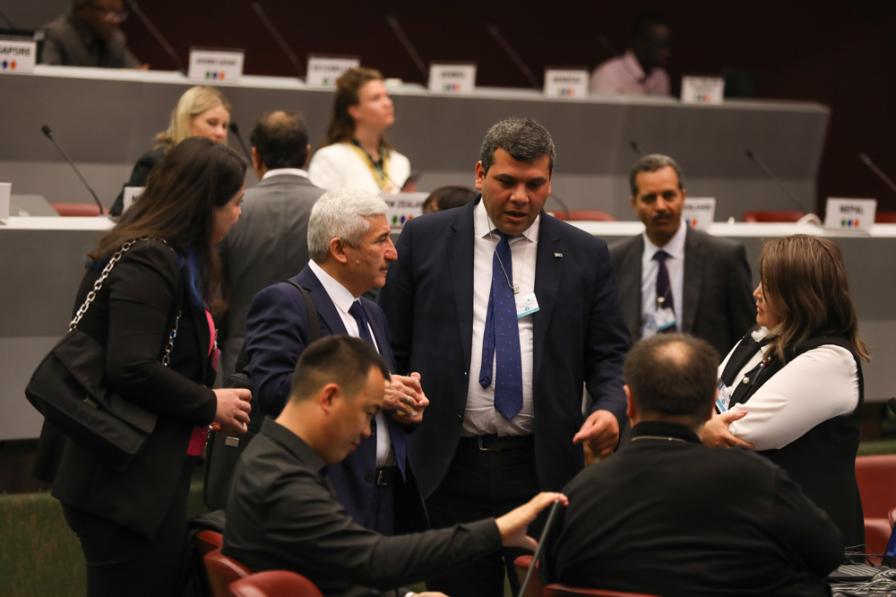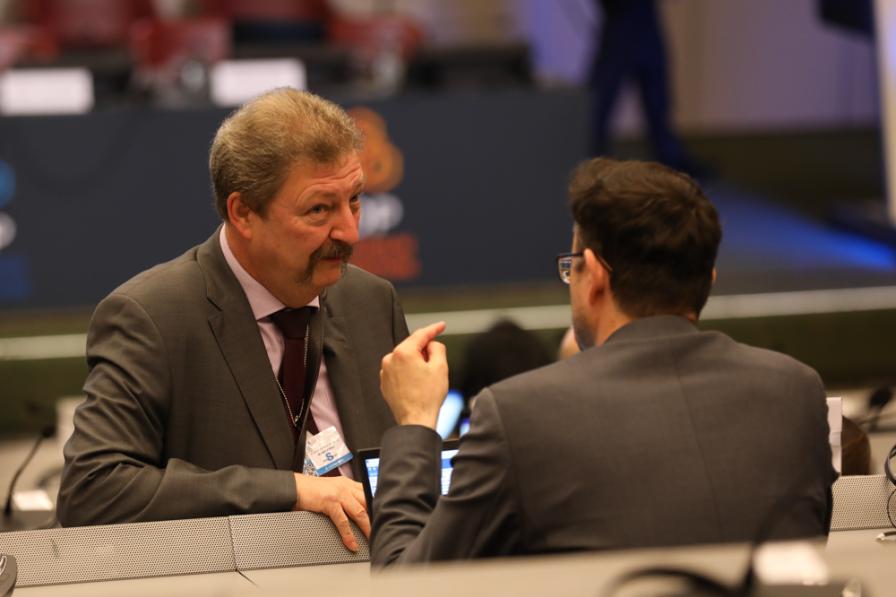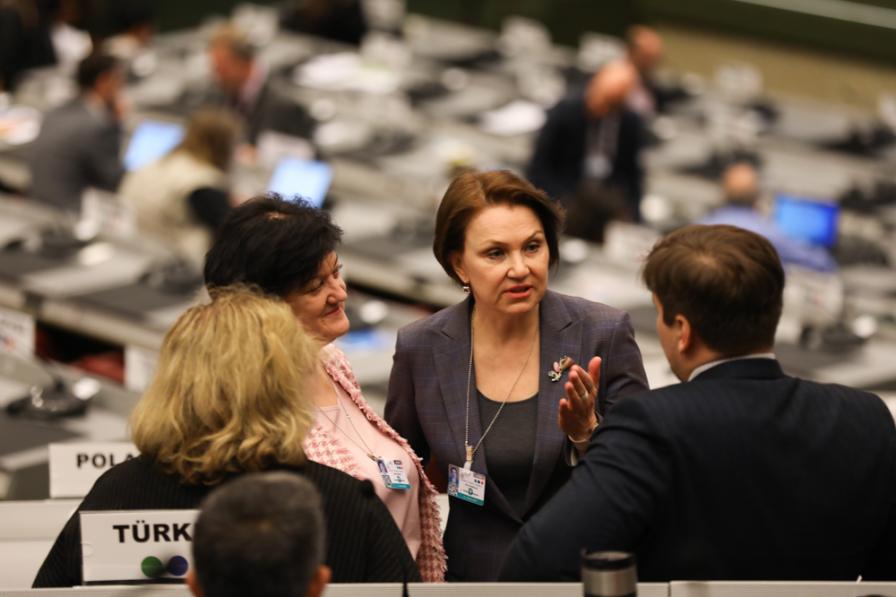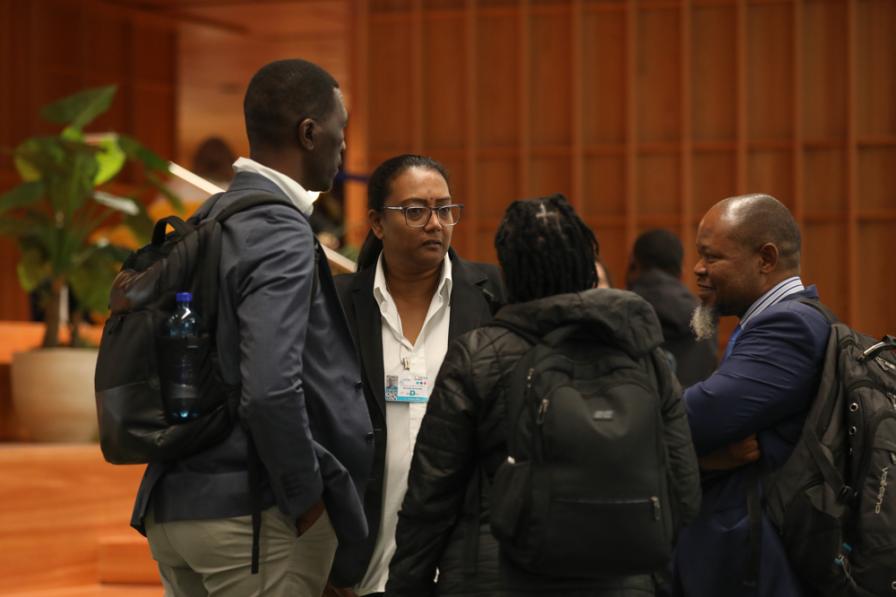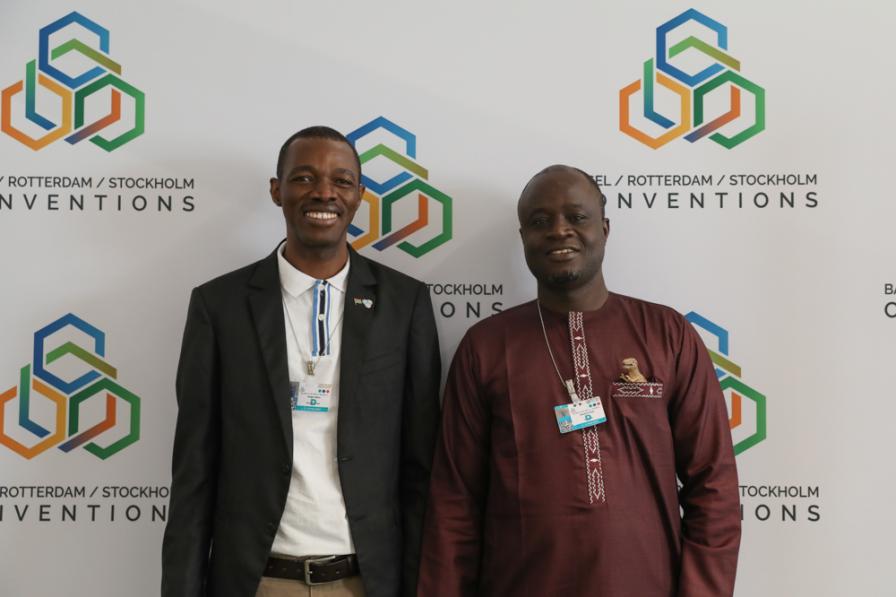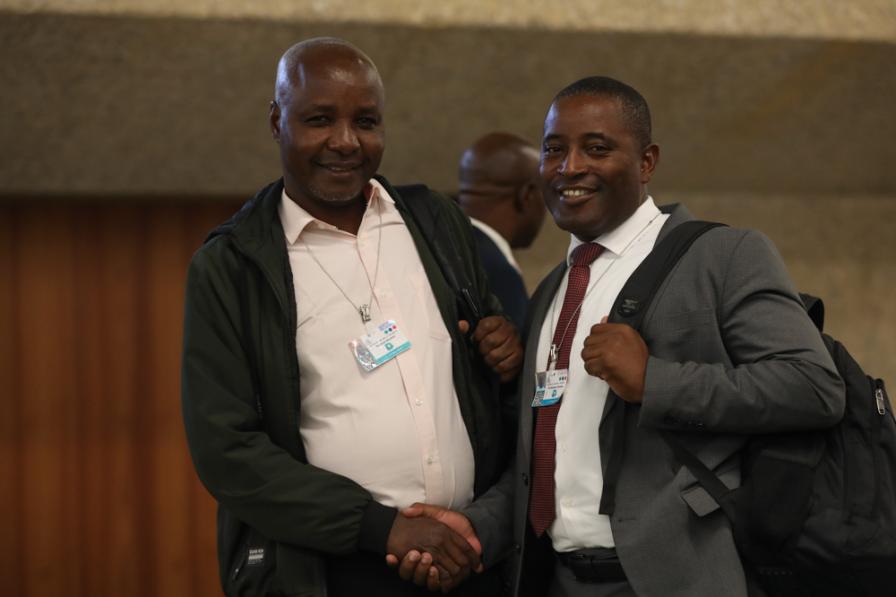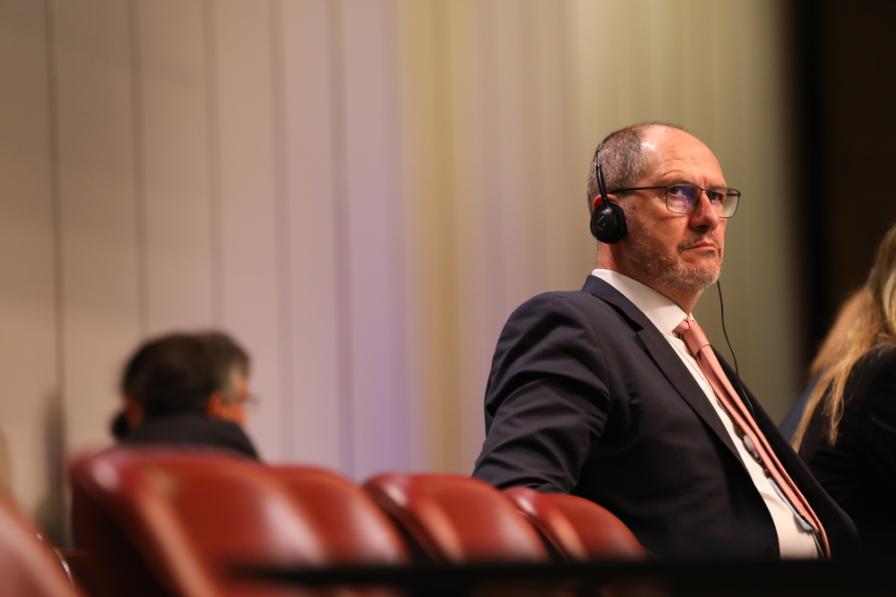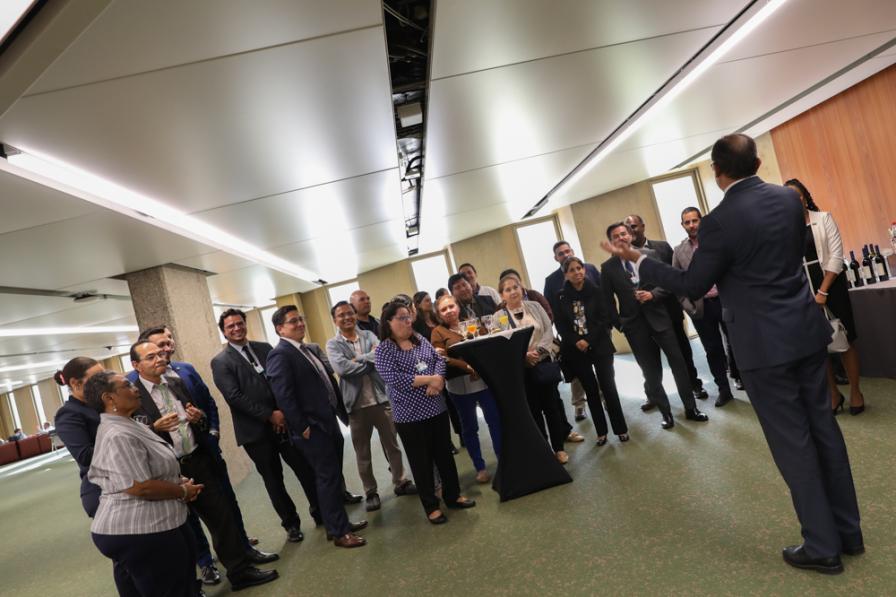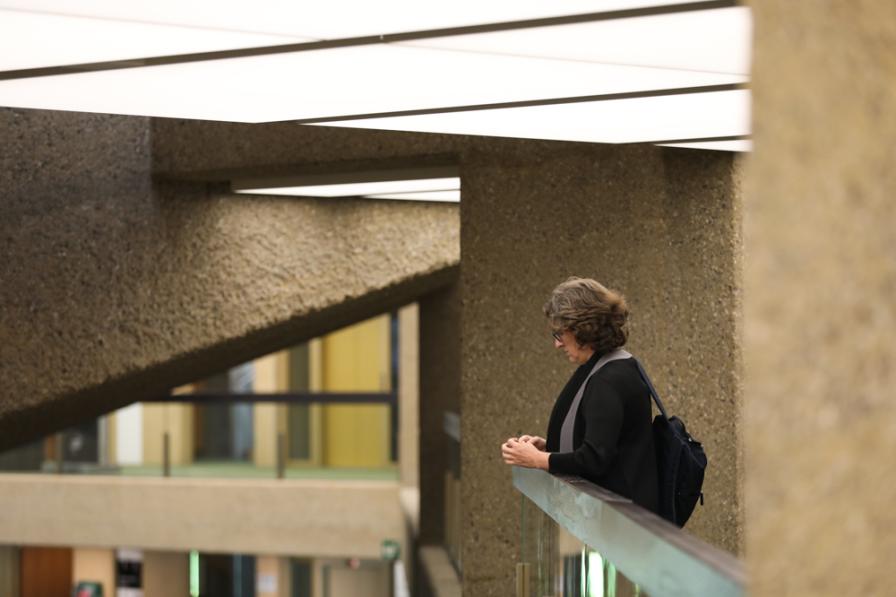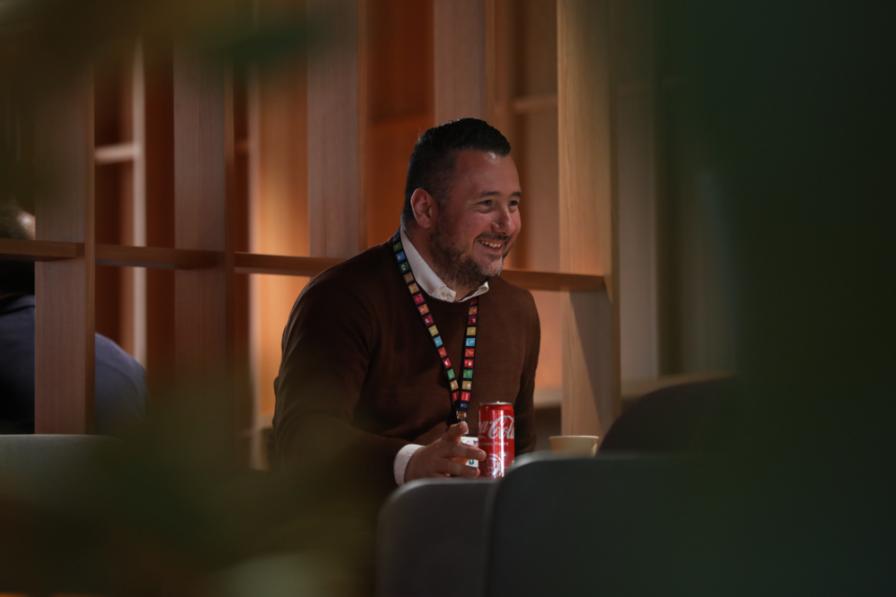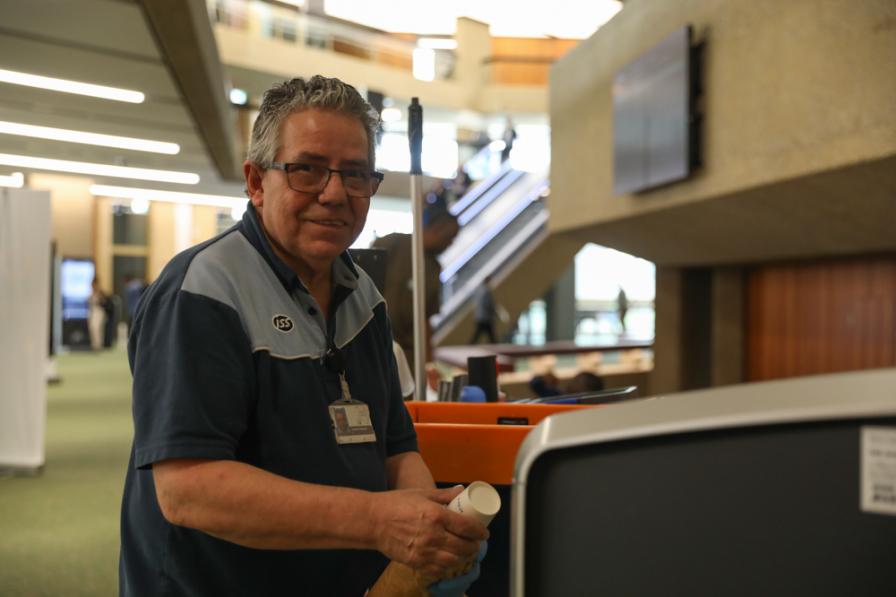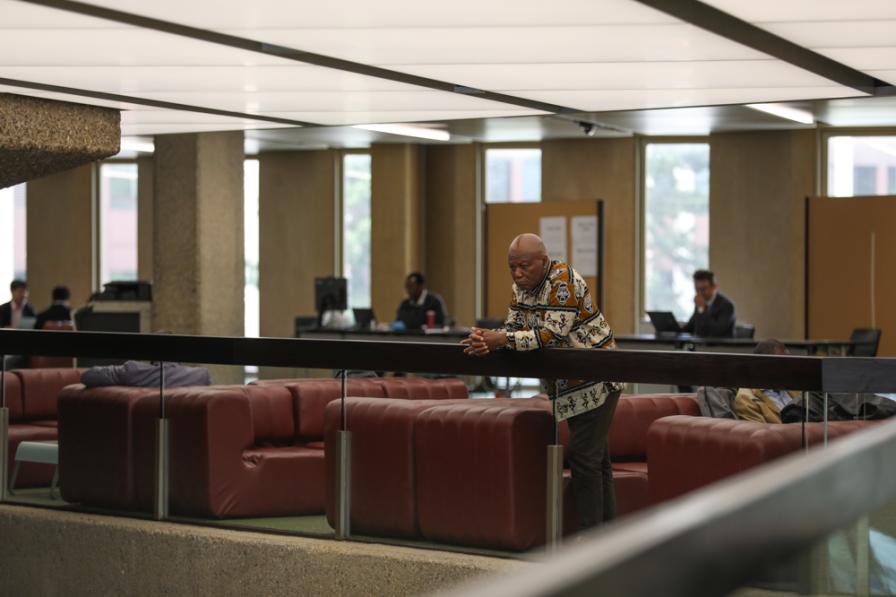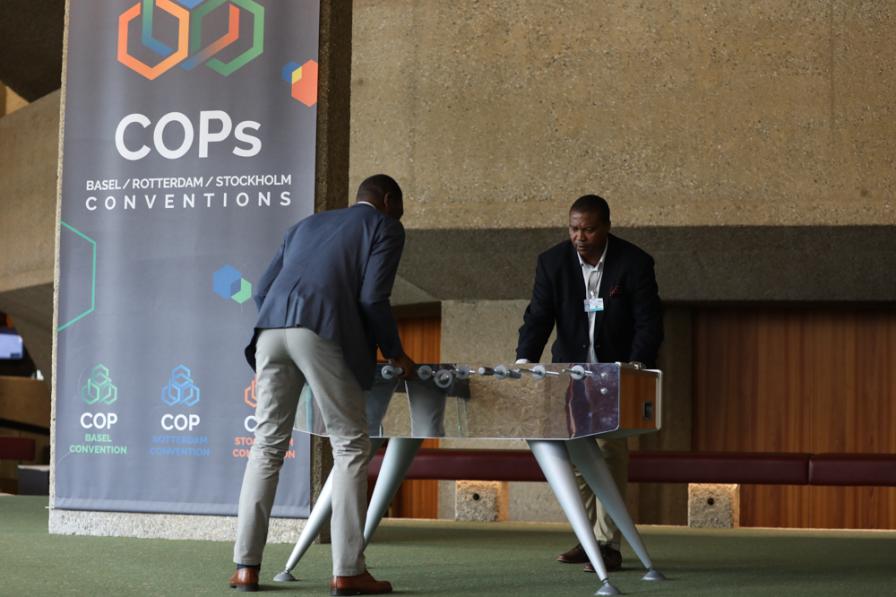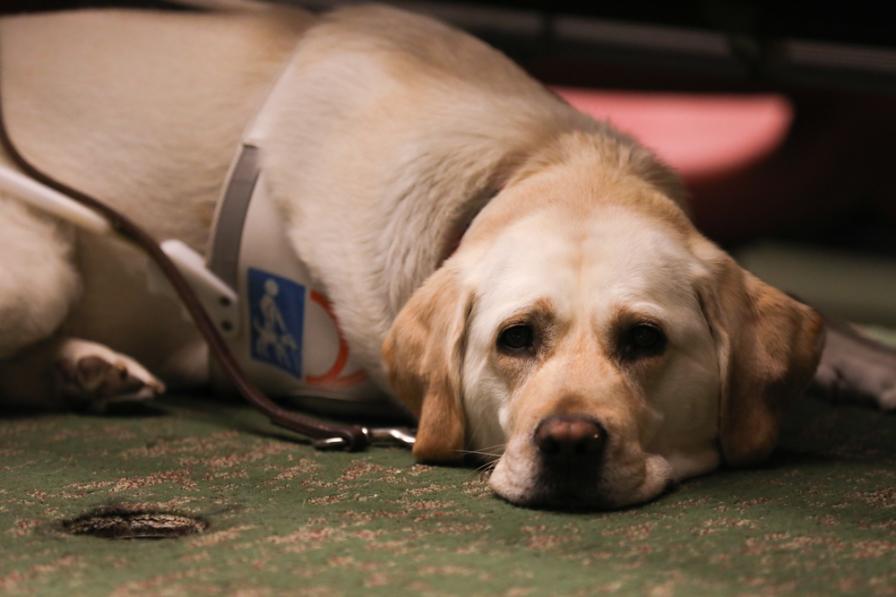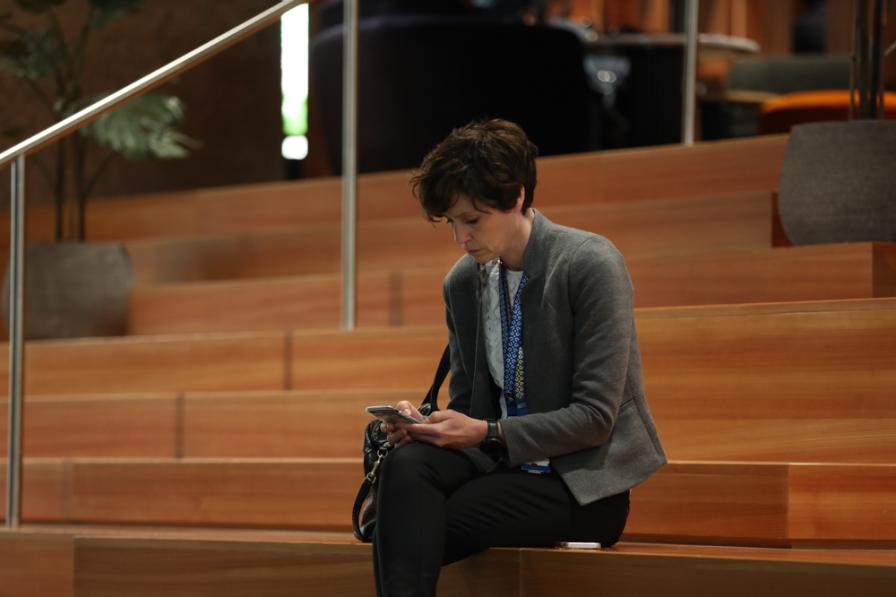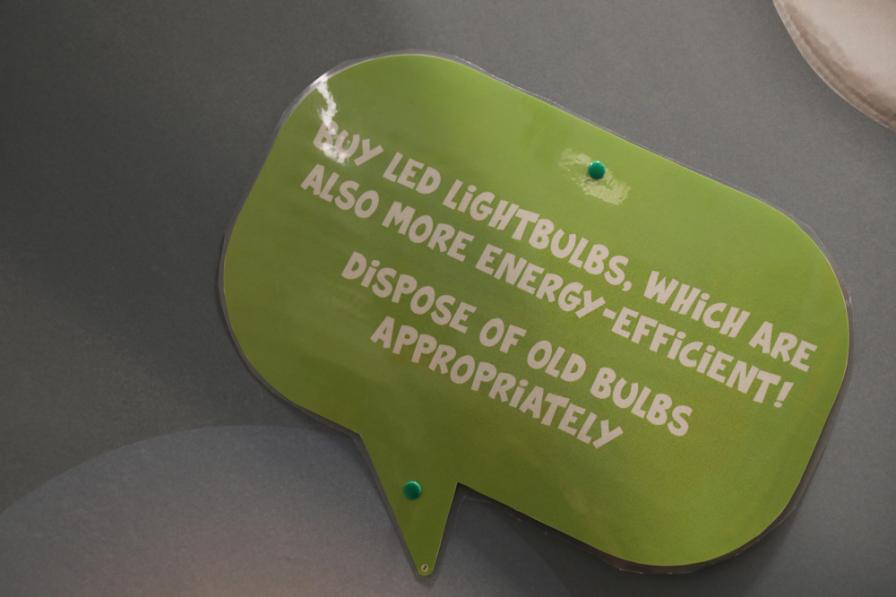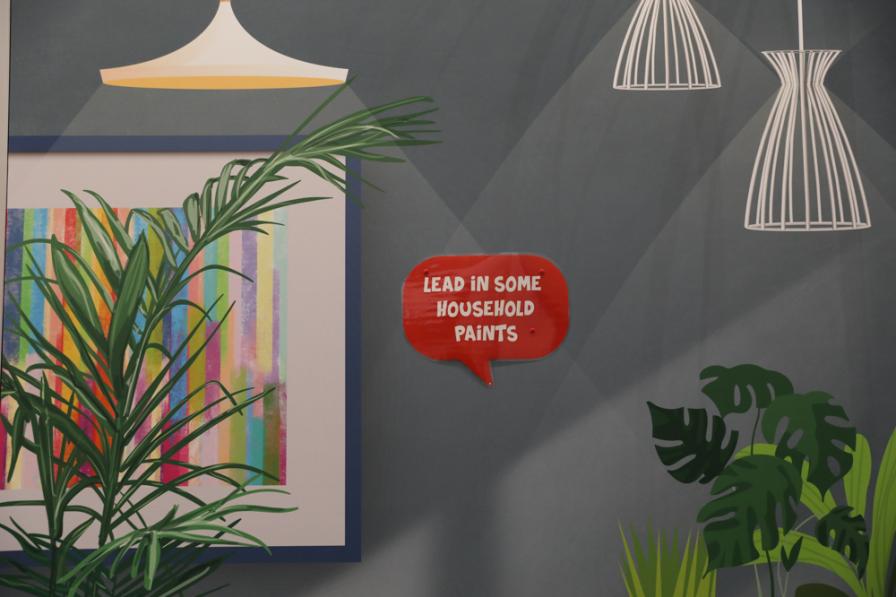The atmosphere and discussions were tense at the Basel, Rotterdam, and Stockholm (BRS) COPs. Delegates faced a deadline to finish decisions in order to allow time for translation. But many were far from complete.
Want to dig deeper? Read the full Earth Negotiations Bulletin daily report.
The Basel Convention contact group agreed to a decision on further consideration of plastic wastes, which sets a process to take the work forward. Then, they turned their attention back to the plastic wastes technical guidelines. Countries volunteered to help facilitate small group discussions, in the hopes of finishing their work on these timely guidelines by Friday.
The Rotterdam Convention discussions generated much of the tension. In plenary, delegates again failed to agree on how to take forward discussions on potential intersessional work related to “the undesirable indirect economic and trade effects arising from the inclusion of new substances in Annex III or other Annexes in the Convention.” Further consultations are needed.
In the contact group on the proposal for a new Annex to the treaty, there was frustration at what some viewed as procedural delays. Others noted the need to ensure that the discussions were on sound procedural ground, given the importance of the question at hand. Given the polarized views and lack of progress, many thought an evening contact group was unlikely to be held for further discussions.
The search for a Stockholm Convention compliance mechanism continues, as does the optimism that the hard-won compromises will lead to its realization. In light of a new compromise proposal, there are further consultations.
Discussions on the financial mechanism remain difficult, including on the assessment of needs to address polychlorinated biphenyl (PCB) to help reach the 2025 and 2028 targets to eliminate PCB use in equipment and to ensure its environmentally sound management in waste liquids and contaminated equipment. Countries were also at an impasse regarding the scope of the sixth review of the financial mechanism.
Side events
The side events showcased a range of approaches to managing chemicals and wastes. One focused on a human-rights approach to pollution, while another looked at how flows of information through multilateral environmental agreements can support actions through data and knowledge management.
An event considered the Globally Harmonized System of Classification and Labeling of Chemicals (GHS) could help promote safe handling in agriculture. A common labeling system can improve transparency. Another event focused squarely on this issue, in terms of the traceability of agrochemicals in supply chains. On the other hand, one event made the case that parties are using Article 11 (bilateral, multilateral, and regional agreements) to “escape” the Basel Convention’s plastic amendments.
All ENB photos are free to use with attribution. For the 2023 BRS COPs, please use: Photo by IISD/ENB | Kiara Worth.
To receive free coverage of global environmental events delivered to your inbox, subscribe to the ENB Update newsletter.
